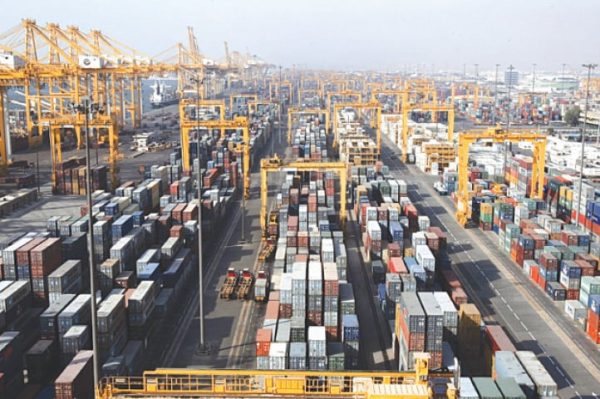
In 2022, the nation faced a staggering revenue loss of up to Rs.1trillion due to under-invoicing of imports, according to the Pakistan Business Council (PBC).
The Under-Invoicing Challenge
Under-invoicing of imports is a global concern, and Pakistan is no exception. This practice involves declaring the value of imported goods at a lower rate than their actual worth. It has dire consequences for a country’s economy.
Significance of the Loss
The revenue loss of up to Rs. 1 trillion in 2022 is a significant blow to Pakistan’s fiscal health. This money could have been used for infrastructure development, education, healthcare, etc. Instead, it slipped through the cracks due to fraudulent practices.
Implications and Consequences of Under-invoicing
Import under-invoicing deprives the government of much-needed revenue and fosters unfair business competition. Legitimate businesses struggle to compete with those using underhanded tactics, leading to market distortions.
Efforts to Combat Under-Invoicing
Acknowledging the gravity of the issue, the Pakistani government has undertaken a series of proactive measures to curb the pervasive problem of import under-invoicing.
To tackle this issue head-on, the government is enhancing monitoring mechanisms. This involves scrutinizing import declarations with a fine-tooth comb to detect any discrepancies.
Additionally, stricter enforcement of regulations is being implemented, with penalties and consequences for those found engaging in under-invoicing practices.
Furthermore, modern technology is being leveraged to bolster customs valuation. State-of-the-art systems and software are being implemented to ensure that the declared value of imported goods accurately reflects their true worth.
The battle against import under-invoicing is pivotal for Pakistan’s economic well-being. The colossal revenue losses witnessed in 2022 have underscored the urgency of addressing this issue.
By joining forces through combined government and private sector efforts, Pakistan can fortify its economy and ensure that every rupee contributes to the nation’s development.


